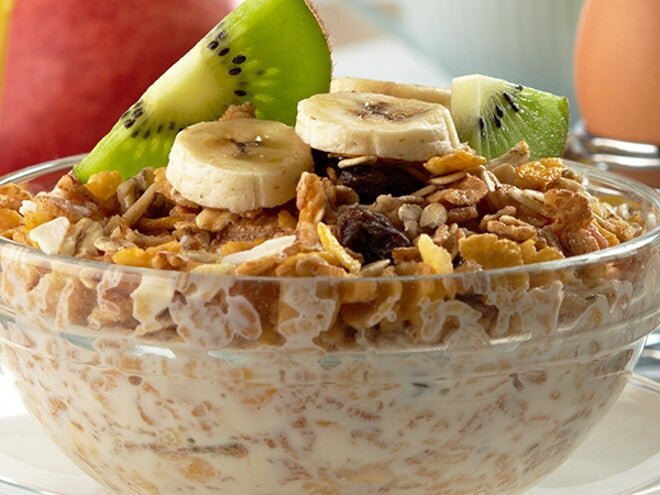
Nutrition
Your nutritional status at the time of conception and in the crucial early weeks of pregnancy is significant for the successful outcome of the pregnancy.
It is, therefore, vitally important that you eat correctly and maintain a healthy, well-balanced diet. The choices you make now, before you become pregnant, are important for your baby’s health. One of the most important things you can do for you and your future baby’s health is to start eating a balanced diet now.
Eating a variety of healthy foods will help ensure you and your baby receive the nutrients you both need. Think about vitamins, minerals and trace elements when planning to conceive. Healthy nutrition and a sensible lifestyle before pregnancy can ensure that your blood contains enough micronutrients. These are very important for the development of your child during the embryonic phase in the first weeks of pregnancy.
Micronutrients:
Healthy foods and drinks to consider:
Important nutrients include:
- Folic Acid
- Vitamin A
- Vitamin C
- Zinc
- Calcium & Vitamin D
- Magnesium
- Vitamin B12
- Iron
Be sure to avoid harmful substances, i.e. drugs, medication, alcohol, smoking and caffeine. See below or click here for a guide to nutrition during pregnancy.
You and your partner should review your current diet and make the necessary alterations. Click here for more information.
Related articles
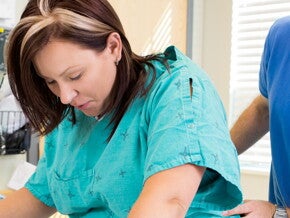
Further comfort measures for pain relief
Distractions like breathing, visualising or fixing on one point can take your mind off the pain.
5 mins to read
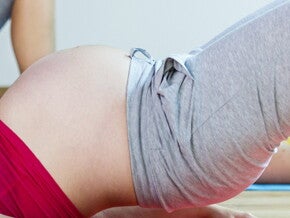
Levels of fitness
First trimester
Your fitness is likely to decrease. Listen to your body and only do what you feel comfortable doing.
Second trimester
5 mins to read

Monitoring your response to exercise
It is important to monitor your response to your exercise programme by taking your pulse-rate before, during and after exercise.
5 mins to read
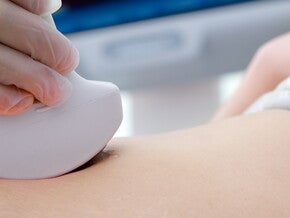
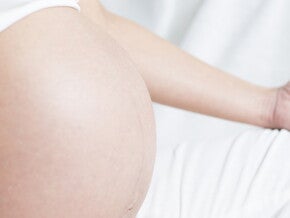

Criteria for prenatal classes
Instructor’s credentials, for example, midwife, physiotherapist.
Instructor’s specialised training in childbirth education.
5 mins to read
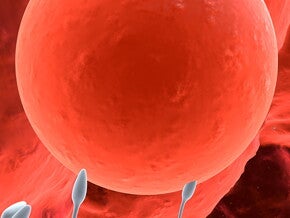
Conception
The fertilised egg divides into two identical cells – then four, then eight, then 16, and then many billions, and 266 days later – your baby.
1 min to read

Diagnosis and signs of the pregnancy
Confirm a suspected pregnancy immediately to avoid unnecessary risks to your baby.
1 min to read

Relaxation and correct breathing techniques
As your pregnancy advances, the uterus exerts an increased upward pressure on your diaphragm. As you near your due date you may find that you breathe less deeply, although more efficiently.
5 mins to read

Breathing and relaxation
The Pros
-
Offers immediate relief.
-
Decreases tension and offers good pain relief.
5 mins to read
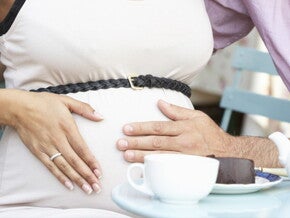
Foetal wellbeing tests during late pregnancy
Foetal movement counts (after 28 weeks)
Be aware of your baby’s pattern of movements on a daily basis by counting four foetal movements in the hour after a meal every day.
5 mins to read

Iron in Pregnancy
As a mom, whether you have a child yet or not, you look into the lens of the future to envision memorable moment after memorable moment together.
5 mins to read
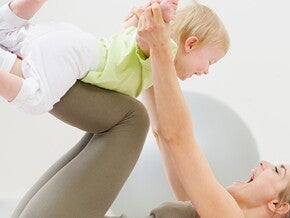
Guidelines for exercise during and after pregnancy
Before exercising, during or before pregnancy, it is advisable to eat high fibre, high carbohydrate snacks, such as an apple, dried fruit, banana or whole wheat muffin, as your metabolic functions
5 mins to read
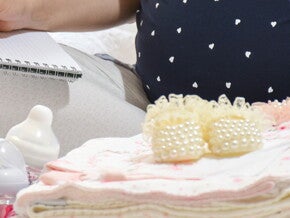
Checklist – before baby arrives
Make sure you have everything you need for your baby's arrival with our checklist. Get organized and feel confident for the big day.
5 mins to read

Health and fitness
Ideally, you should assess your health and fitness. You may need to make some changes to your lifestyle
3 mins to read
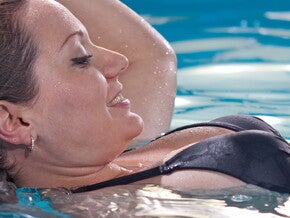
Why exercise during pregnancy?
Exercise leads to improved circulation, which in turn can reduce the severity of varicosities (varicose veins).
5 mins to read

Exercise
Feeling healthy, stress-free and relaxed will only help the chance of you and your partner falling pregnant.
1 min to read
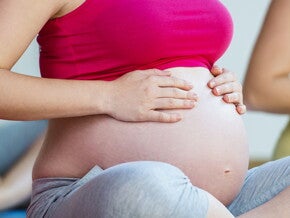
Types of exercise
Your safety and that of your baby are of prime importance at all times. You may begin to exercise in early pregnancy and continue for as long as you feel comfortable.
5 mins to read
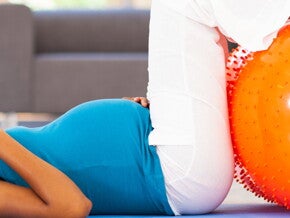
Exercise during and after pregnancy
“I am pregnant – can I exercise?”
5 mins to read